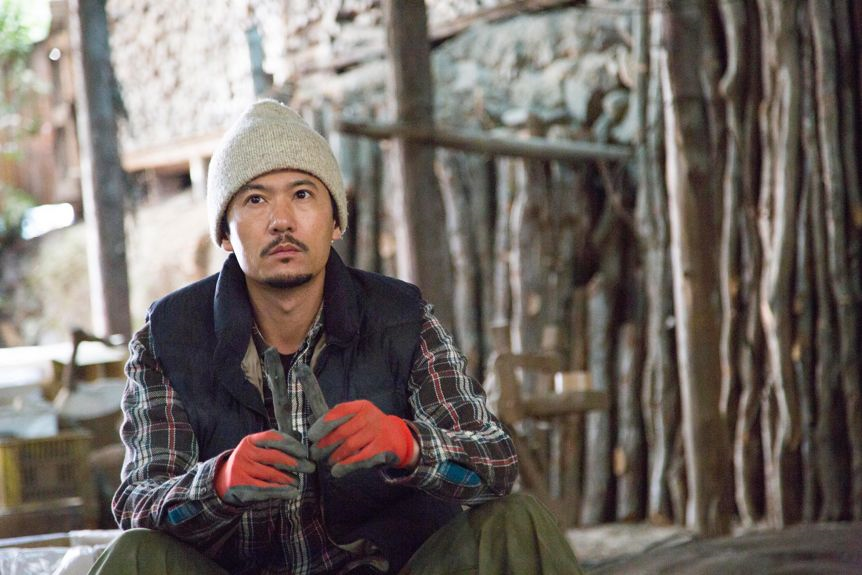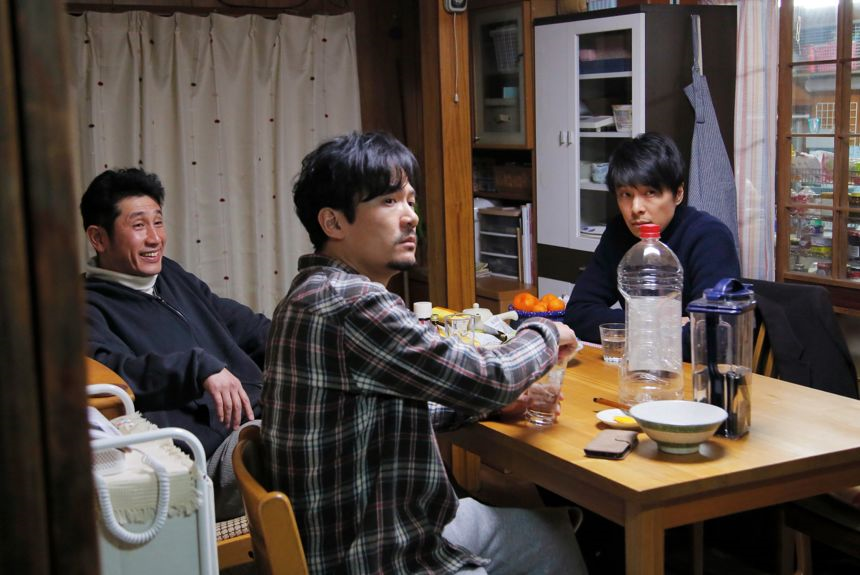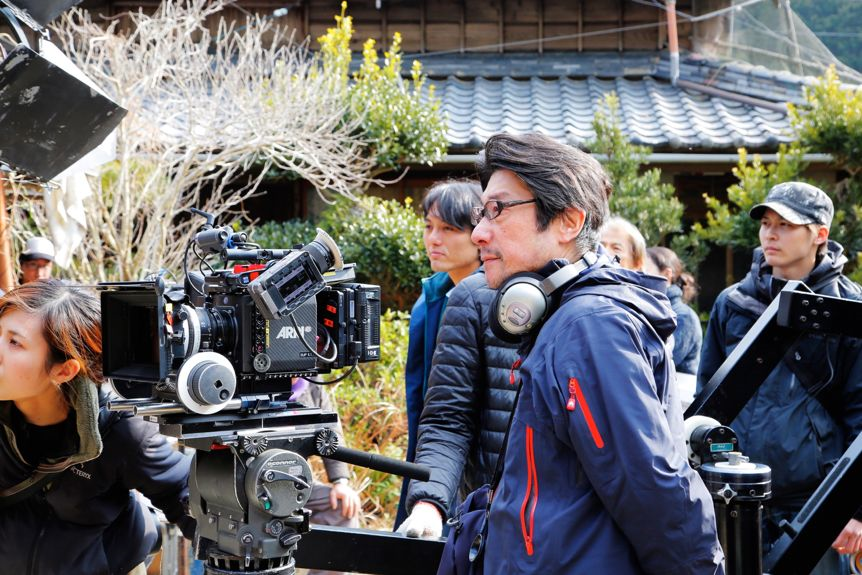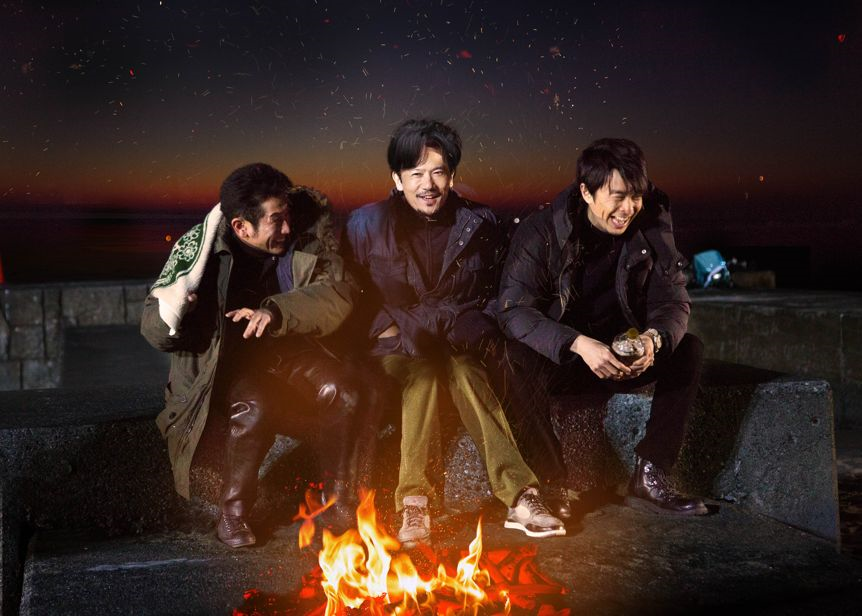Another World is a new film by Japanese director Junji Sakamoto. Starring a throng of well-known names such as popular Japanese boy band member Gorō Inagaki, handsome and prolific actor Hiroki Hasegawa and skillful actress Chizuru Ikewaki. The film aroused a frenzy immediately upon its release and received widespread acclaim from Japanese viewers.

The film tells a profound story about the reunion of friends and their search for the meaning of life in a faraway village.
Approaching his middle-age, Koh Takamura (Gorō Inagaki) dives head first into the countryside after taking over a coal-production business from his father, who has passed away. He places all family matters in the hands of his wife Hatsuno Takawura (Chizuru Ikewaki) and does not care about his wife's emotional ups-and-downs or his son's daily well-being. Other than his coal business, Takamura spends the rest of his time drinking the days away with his middle school buddy Mitsuhiko Iwai (Kiyohiko Shibukawa). The two long-time friends are immersed in their own little world, apparently satisfied and complacent, but in this placid state of existence they have lost grasp of the meaning of life.
One day, another middle school friend Eisuke Okiyama (Hiroki Hasegawa) suddenly returns to his hometown, and Takamura is both surprised and perplexed. Iwai seems to isolate himself from the rest of the world after retiring from the Japanese self-defense force and is reluctant to maintain too much contact with former associates. As time passes, the film gradually unveils the dejection of Takamura's wife and the torment of his son, as well as the secrets behind Iwai. Meanwhile, the three friends begin to relive past times, and the bond between the men slowly shows itself through fragments of dialogues. The film is a classic example of the silent but steadfast form of emotional expression typical in Japanese society.

The title Another World accentuates the theme of the plot. The world is a huge place inhabited by all sorts of life, and how each one of us subsist is but a modicum of the world as a whole. The so-called "Another World" is not another planet Earth, but another realm outside the domain we know where people live completely different life. Crossing over the border between the two worlds, we can experience different state of mind and understand each other. The meaning of "Another World" is also embodied in the current status of the three old friends. After reaching middle-age, it might appear that half of one's life has passed, the many considerations about life have been thrown down the drain, and increasingly larger span of life is occupied by routine businesses and matters. Under such a circumstance, unless there are unexpected twists and turns, no doubt the film's characters would continue along the same path instead of rethinking about what else is left in life.

Director Junji Sakamoto concentrates attention on the difficult livelihood of "coal workers" and the post-war psychological conditions of "self-defense force officers," which are miniaturizations of the mentality of the entire Japanese society. "Another World" might be a small world, but it is a big fulcrum through which the characters may amplify their silent but powerful cries of middle-aged men.
Boring and aimless work, dialogues that end in discord, the predicament of the coal industry, the cold and alienated stare of Takamura's son and the helpless mutters of his wife deflate the soul, but little mischiefs with o-nigiri rice balls, openly horsing around between friends by the beach, a wife that will do anything for her husband and a youngster that stands up and rebel warm our heart. The exploration in work, kinship and friendship of the three middle-aged friends reflect a small world within Japanese society, and just like the big and diverse world, it is filled with despair but also full of hope.

【Screening info】
Emperor Cinema (includes meeting with main creators)
